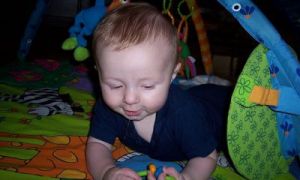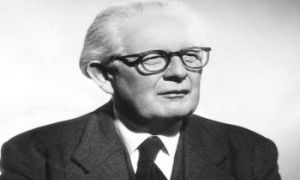For educators looking to update their qualification and have the required knowledge, experience and skills instead of completing assignments and tasks to complete a qualification an alternative option is Recognition of Prior Learning (RPL).
What Is RPL?
RPL (Recognition of Prior Learning) involves an assessor matching your skills and knowledge to the requirements of a nationally recognised qualification. The skills which you may have gained through paid or unpaid work or in activities which you are responsible for while working within an early childhood setting (such as implementing a curriculum, supervise others in the workplace). If you already are competent and hold relevant skills, experiences and knowledge you may not have to complete all or part of the units required in the qualification.
Gaining RPL at Your Work
If you are currently working at an early childhood centre, your centre will be asked to assist in your RPL assessment. An educator/director (who has observed your work and holds a higher qualification) from your workplace will be asked to verify your skills and knowledge and assist in your workplace assessment. They will be your Workplace Representative. When your assessor comes to your service they will discuss with your work place representative on how they support you through the RPL process and to verify that the information they provide on your skills and knowledge is correct.
Assessor’s Role
An RPL assessor will be appointed to you through your course provider and they will assist and guide you through this process. They will help you to understand the documentation that is required and help you to prepare for the RPL.
The assessor is required to assess whether or not you hold the required knowledge and skills, gathered through evidence, based on the requirements of the qualification.
Qualification and Unit Requirements
To gain RPL in a Diploma of Early Childhood Education and Care you will be assessed in 28 units (23 core and 5 electives). If you have completed a Certificate 3 in Early Childhood Education and Care, you would already have completed 11 out of the 23 core units in the Diploma qualification. Therefore you will need to be assessed through RPL on 17 units to gain the Diploma of Early Childhood Education and Care qualification.
However if you hold the previous qualification Certificate 3 in Children’s Services or the Diploma of Children’s Services, you will need to be assessed against all 28 units to gain the current Diploma of Early Childhood Education and Care qualification (since the qualifications differ).
If you hold no qualifications in early childhood, you will also need to be assessed against all the 28 units to gain the Diploma qualification.
To gain a RPL in a Certificate 3 in Early Childhood Education and Care you will be assess in 18 units (15 core and 3 electives).
The RPL Process
Here is information on the steps involved in the RPL process, which will help you prepare and know what to expect. During the RPL process your assessor will consider evidence in assessing your competence in each of the units.
The assessor must be sure that the evidence that you provide is valid (related to the unit), sufficient (to make a decision), current (hold the skills) and is your own work.
Step 1 – Initial Interview and Self Evaluation
Once you are accepted by your course provider to participate in RPL, you are required to have an interview. During the interview the assessor will begin to gather evidence and plan and develop an RPL Assessment plan. Here are some tips to help you with step 1.
- Consider relevant experiences and how you complete tasks.
- Make notes about your work roles and experiences which you can discuss with your assessor.
- Collect any evidence of formal training such as statement of attainment, training attendance etc.
- Consider referees who will be willing to confirm your skills and knowledge.
- Collect relevant documents to show your experience. For example:
- Resume/CV
- position description
- photos of you at work
- work examples
- workplace training
- professional development records
- references, letters, emails from workplace or clients
- Workplace documentation you have written (program plan, obs, learning stories, daily diary etc.).
- workplace or industry awards
If you don’t have all these it’s OK, your assessor will you to find possible evidence later.
Step 2 – Competency Conversations
The second step involved you and your assessor in competency conversations.
It is basically part of the assessment process to discuss and see how competent you are and to explore and confirm your skills and knowledge.
During the competency conversation, your assessor will:
- Ask you questions and give you scenarios to respond to related to your workplace tasks and units of competency.
- Discuss examples of your work and the principles, knowledge and theories that guide you through your practice.
- Make notes as you respond and give examples.
As your assessor asks you questions about workplace activities, this should prompt you to discuss your skills and knowledge. Remember:
- The questions being ask is to help your assessor identify your current knowledge and relevant experience.
- When responding try and think about what you do at your workplace.
- If you don’t understand a question, ask your assessor to explain it.
- If you can’t respond to a question, you may ask our assessor to come back to it later.
During your RPL assessment you will have more than 1 competency conversation for each of the different cluster of units.
When the competency conversation is complete your assessor will consider the evidence you have provided. If this shows you are competent in the unit, your assessor will let you know or if you need to complete more tasks to show you’re competent.
Step 3 – Workplace Assessment Tasks
You may be required to complete workplace assessment tasks to demonstrate your competence in a practical way at work. At a pre-arranged time and date, your assessor will observe you in the workplace undertaking the assessment task. Your assessor will consider your performance of the tasks and use this against the unit of competency.
Step 4 – Third Party Reporting
Your assessor may need to confirm a particular aspect of your workplace performance, which they will need to discuss with a qualified educator from your workplace. The assessor will also consider the evidence provided.
Step 5 – Finalising the RPL Documentation
Once the RPL assessment is complete, you will be advised of the outcomes.
- If you are assessed as “competent” for all the units required for the qualification, your course provider will issue you with the qualification
- If you are assessed as “not yet competent” in some of the units required for the qualification, you will receive a statement of attainment listing the units you attained. For the units that you are not yet competent in you could attend formal training or be reassessed.
To be awarded a qualification in early childhood education and care you must demonstrate you are competent in all required units. This means you must be able to demonstrate that you currently hold the skills and knowledge in the units and you can perform tasks to the standards expected in the workplace.
Reference:
Leary, C, ed. (2013) RPL Assessment Toolkit – Candidate Guide, DEEWR.


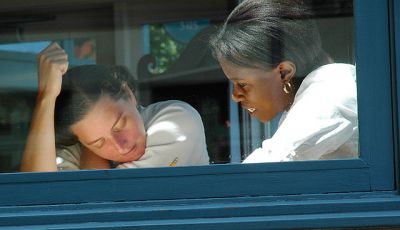
 Whether you are doing a Cert 3 or a Diploma traineeship or thinking about doing a traineeship it’s a good idea to understand what wages
Whether you are doing a Cert 3 or a Diploma traineeship or thinking about doing a traineeship it’s a good idea to understand what wages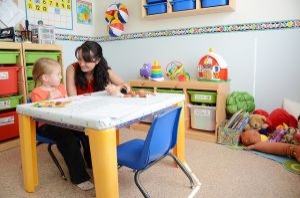 Work placement is an excellent opportunity for you to prepare and gain insight into the early childhood industry as well as help you to clarify
Work placement is an excellent opportunity for you to prepare and gain insight into the early childhood industry as well as help you to clarify Are you thinking of starting a traineeship in childcare? Well from personal experience, working in this child care industry brings great fulfilment and satisfaction. Watching
Are you thinking of starting a traineeship in childcare? Well from personal experience, working in this child care industry brings great fulfilment and satisfaction. Watching There is no truth to the rumour that the certificate III or 'actively working towards' will be phased out.
There is no truth to the rumour that the certificate III or 'actively working towards' will be phased out.
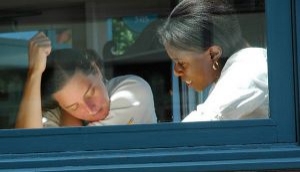 For educators looking to update their qualification and have the required knowledge, experience and skills instead of completing assignments and tasks to complete a qualification
For educators looking to update their qualification and have the required knowledge, experience and skills instead of completing assignments and tasks to complete a qualification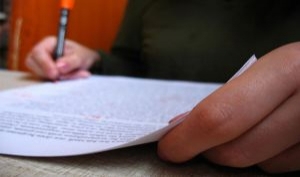 As a student finding information and doing research is an important part of completing assignments. Once you find the information you need to complete the
As a student finding information and doing research is an important part of completing assignments. Once you find the information you need to complete the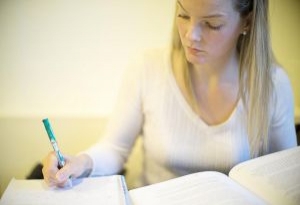 Being a student and completing assessments can be a hard task. Especially when you don’t understand what the question is, you have to write an
Being a student and completing assessments can be a hard task. Especially when you don’t understand what the question is, you have to write an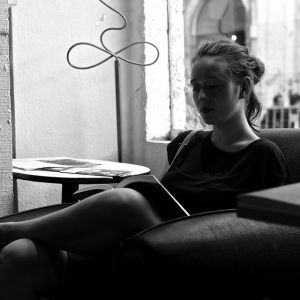 As you take the next big step and decide to continue studying you need to decide whether you will be able to manage working at
As you take the next big step and decide to continue studying you need to decide whether you will be able to manage working at Hiring overseas educators can not only bring a service the benefits of a diverse, multicultural workplace but also address staffing shortage issues. However before an
Hiring overseas educators can not only bring a service the benefits of a diverse, multicultural workplace but also address staffing shortage issues. However before an Making the decision to study is a big one. It can be stressful, thinking of how you're going to complete assignments or if you're going
Making the decision to study is a big one. It can be stressful, thinking of how you're going to complete assignments or if you're going